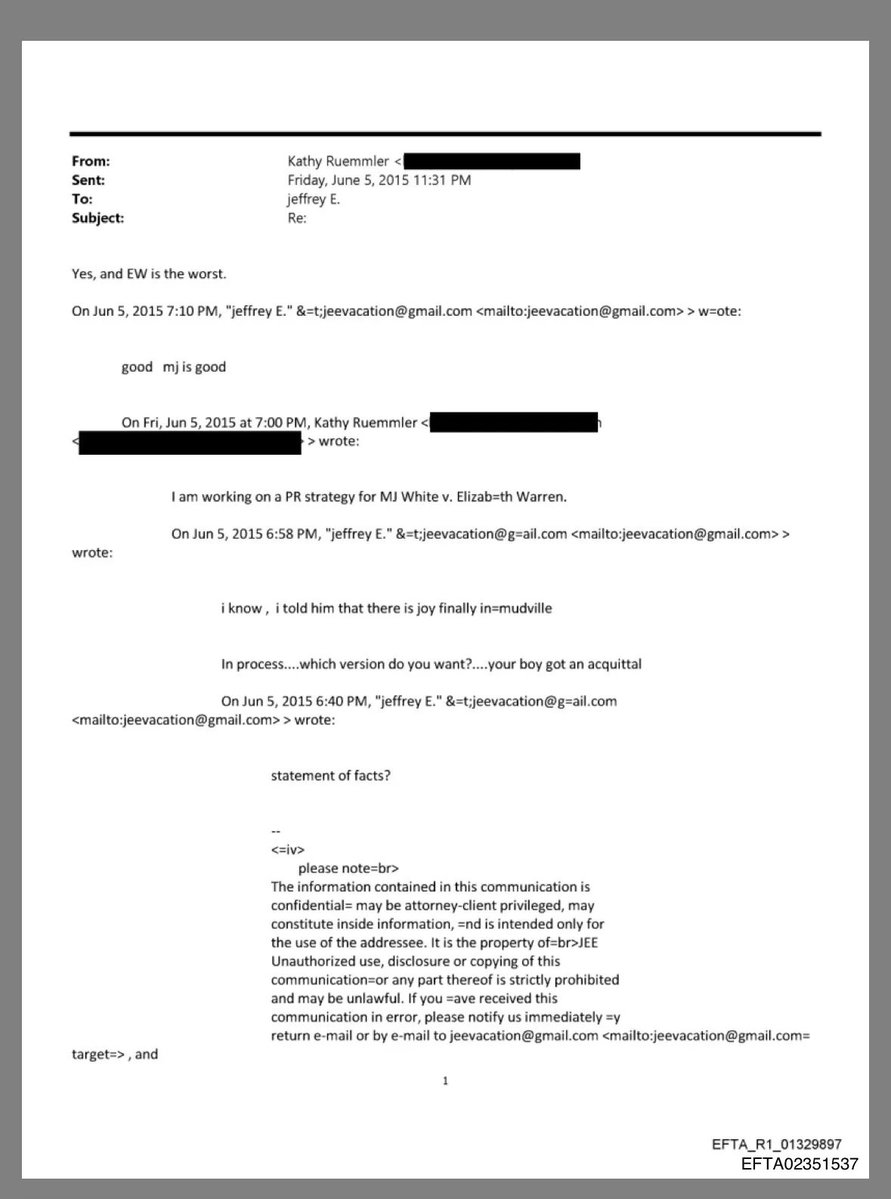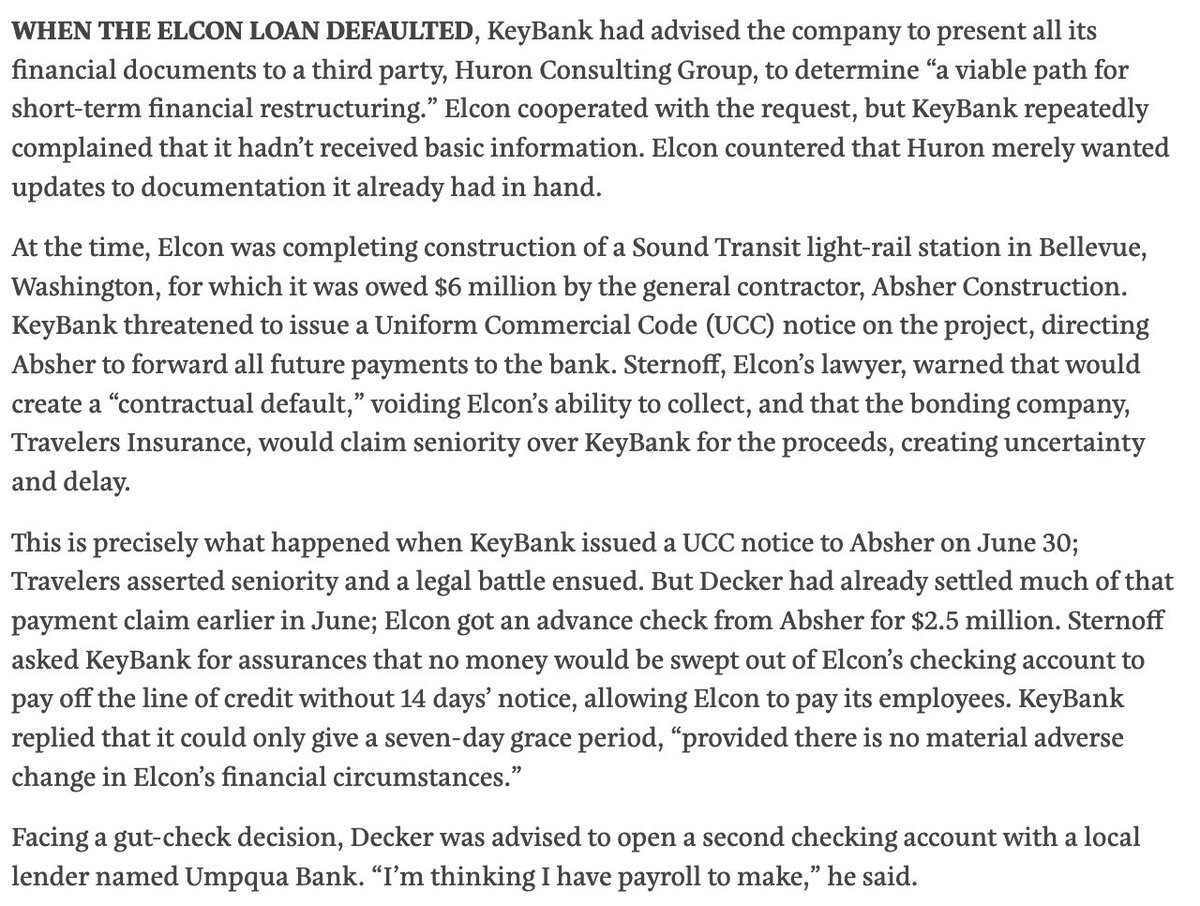What @DavidSacks and these other hype men for special treatment don't get is that the country solved the problem of uninsured deposits for small business, unless you happened to be a Silicon Valley Bank customer. They disrupted banking as well as they disrupted everything else.
There's something called Insured Cash Sweep. It essentially cuts up your large account if you're a business into insured pieces, $250k each. In the event of a run, those deposits over the limit are safe.
intrafi.com
intrafi.com
VCs *required* that all money from its startups be placed at SVB. I don't know the reason—that needs more reporting. But ICS doesn't appear to have been an option, though it seems SVB had the functionality (it either wasn't advertised much, or actively discouraged by VCs)
Moreover, VCs today are either lying that all uninsured deposits are at risk, in effect lighting a match in a petroleum factory to get a government guarantee, or worse, these masters of finance *don't know* about how to insure larger deposits.
Or they just assume America is so backwards that nobody else but them ever considered that $250k is a low limit for small & medium sized businesses, and they, the big-brained people, must fashion a solution. (one that already exists; this is Uber reinventing the bus)
So the conclusion is 1 of 3:
* The whole of Silicon Valley has no idea how to run a competent business
* There was some financial chicanery that led to a requirement to bank at SVB without an ICS backstop
* This is all a Big Lie to engineer a bailout
@DavidSacks can tell us which
* The whole of Silicon Valley has no idea how to run a competent business
* There was some financial chicanery that led to a requirement to bank at SVB without an ICS backstop
* This is all a Big Lie to engineer a bailout
@DavidSacks can tell us which
One other point: SVB had stable assets that have gone down slightly in value. This hair on fire frenzy is over an amount of money that VCs have and could float if they're so worried about the end of startups.
OK Roku's CFO should be told not to come in on Monday. Insured Cash Sweep is good up to $150 million. Having half a billion dollars in one bank is the dumbest thing I've ever heard.
variety.com/2023/digital/n…
variety.com/2023/digital/n…
Just incredible to me how little self-proclaimed experts know. This is Geithner's ghostwriter. The third option beyond BofA or mattresses is a private-sector solution that has been around 20 years and works perfectly fine. Any decent risk manager knows it.
https://twitter.com/MikeGrunwald/status/1634936185247383552
• • •
Missing some Tweet in this thread? You can try to
force a refresh















